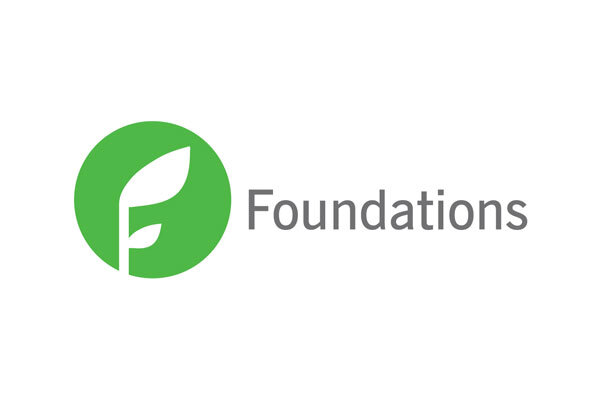Aster Group: Saving time and simplifying complex processes with Case Manager
“Thanks to Case Manager, processes which used to take up to three months can now be completed within a week. The ability to capture, store and share data with internal teams and third parties and manage workflow automatically, has revolutionised the way we work together for the benefit of our clients.”
Becky Bell, Service Development Manager
Aster Group are a leading provider and ethical developer of affordable homes across the South West of England. They also provide care and support services to enable their clients to live independently in the home.
The issues
Aster Group’s Home Improvements teams were already using Case Manager to manage housing improvements across the region. One of the teams which need to feed into this process is the team of Occupational Therapists which assesses their client’s needs in the home and make recommendations for adaptations. These housing improvements often also required grant-funding, with applications being made to the relevant Local Authority.
These processes were being done manually, using hard copies and the postal system, until the team realised that they could improve efficiency tremendously if they used Case Manager. The existing system, however, contained much information which they did not need to access and some which needed to be confidential.
The Solution: Case Manager
Having mapped their processes and thought about their requirements, Aster worked with IIZUKA to provide a portal for Case Manager, through which everyone who needed to act on, or be aware of case actions could be included in one electronic process.
With Case Manager, more than one hundred Occupational Therapists use the same simple system to manage their workload. Rather than relying on hard copies and the postal system, the whole team can easily create a case, refer it on for quotes and funding and check progress, all through one portal. Each person has a personalised dashboard that displays all the information they need and prompts them to complete any outstanding actions.
The new system provides a much more efficient and effective service for the clients. Once the home assessment is carried out, the Occupational Therapists upload the assessment to Case Manager and the Housing Improvements Team design the solution, which is agreed and approved by the Occupational Therapy team. This is then costed and shared with the Local Authority for grant-funding. All of this is managed via Case Manager.
Each team can upload all the data they require to manage the case, including CAD files, photographs and grant application forms. They can also specify who can see the data, ensuring that any sensitive data, for example the Occupational Therapist’s notes from the in-home assessment, is only seen by those who need it.
The Occupational Therapists, Housing Improvements teams and Local Authorities see all the information they need to fulfil their actions and the system has been set up to ensure nothing gets forgotten, with email notifications and reminders sent for each case action.
Client feedback
Becky Bell, Aster’s Service Development Manager – Assistive Living, said:
“With Case Manager, we’ve made what used to be a long and complex process far easier to manage. Case Manager saves us time at every stage of the process, which means our clients are getting a better service. With electronic data sharing and automatic workflow what used to take three months can now be completed in one hour!
Another key benefit is transparency – everyone involved in a case can see exactly where it is in the process and what action needs to be taken next. Case Manager’s workflow also means that work can be reassigned if, for example one member of a team is on leave. Because all the data is stored securely in one place, the data a new caseworker needs is right at their fingertips.”
The team at Aster are also impressed with the portal. Becky added:
“The ability to create a portal which covers some of the functions of Case Manager, but which hides the detail that the other teams don’t need to interact with, meant it was far less daunting for all parties to adopt the new system and process. As we have a large number of people using the system, we’ve made it as intuitive and simple as possible, with the help of the team at IIZUKA.
All of our Occupational Therapists can also check the status of all their cases at a glance with the dashboard function, which has proved extremely useful.”




